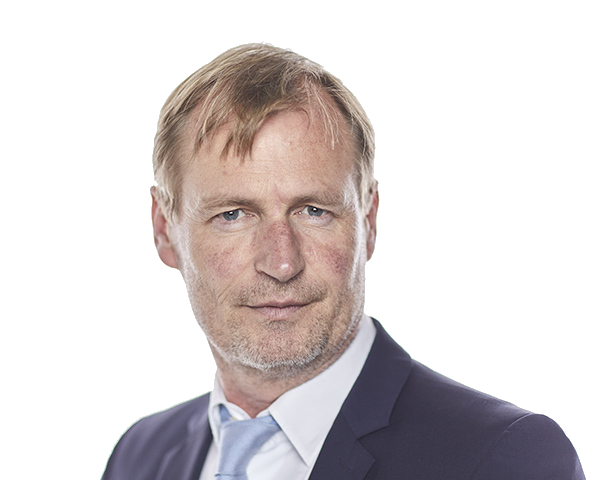Data about the economy you would want to know when investing into the Netherlands.
Size and relevance of the Dutch market
Although the Netherlands is a relatively small country with a small population, it has a large and powerful (open) economy. The Netherlands is well-known for its international trade as this is one of the main key elements in the economic system. Therefore, as it is one of the most important trading nations in the world, imports and exports are of major importance to its economy.
The Dutch marketplace is characterized by:
- international mindset
- skilled workforce
- quality of infrastructure
- stable and competitive tax environment
- flexible legal regime
- considerable local market
- economic stability
- pro-business environment
Strengths of the Dutch economy include the Netherlands’ stable political and macroeconomic climate, a highly developed financial sector, strategic location, a well-educated and productive labor force, and high-quality physical and communications infrastructure.
Investors in the Netherlands take advantage of its highly competitive logistics, anchored by the largest seaport and fourth-largest airport in Europe. I
Gross Domestic Product (GDP)
According to Forbes, the GDP per capita was estimated at USD 68,572 in the fiscal year 2022, about USD 1.018 trillion. This makes the Netherlands in terms of GDP the 15th largest economy in the world in 2022.
Trade balance
In October 2022, the import value was EURO 61.949 million, and the export value was EURO 66.060 million, making the trade balance EURO 4.111 million.
The most import export countries are Germany, Belgium, Asia and North America.
Foreign Direct Investment (FDI)
The Dutch economy has significant foreign direct investment in a wide range of sectors including logistics, information technology, and manufacturing. Dutch tax policy continues to evolve in response to EU attempts to harmonize tax policy across member states.
The Netherlands is among the largest recipients and sources of foreign direct investment (FDI) in the world and one of the largest historical recipients of direct investment from the United States.
According to the U.S. Bureau of Economic Analysis (BEA), when measured by country of foreign parent, the Netherlands is the second largest destination for U.S. FDI abroad in 2020 after the UK, holding USD 844 billion out of a total of USD 6.1 trillion total outbound U.S. investment – about 14 percent.
Currency
The currency of the Netherlands is the EURO.
Foreign exchange control
No restrictions are imposed on the movement of funds into and out of The Netherlands. International payments do however need to be reported for statistical purposes. Furthermore, the 9/11 disaster has also resulted in alertness for terrorism in the Netherlands which amongst others resulted in stringent legislation and reporting requirements in particular for the financial sector.
Economic growth and inflation
The Dutch Central Bank expects an economic growth of 0.8% in 2023 and 1.6% in 2024. These are the forecasts from December 2022.
The inflation in 2022 was measured at 11.5% but is expected to reduce in the coming years. The Dutch Central Bank expects inflation to be 4.9% in 2023 and 5.0% in 2024.
Working population and unemployment
The working population of the Netherlands is about 9.8 million. In October 2022, 365 thousand people were unemployed, which represents 3.7% of the working population.
Multinationals
Several of the world’s largest multinationals, such as Shell, Unilever, and Philips, were founded in the Netherlands.
In recent years the Netherlands had to endure the departure of two of its major multinationals; Shell (oil & gas) and Unilever (food and household products) who decided to relocate their corporate headquarters to London, in the United Kingdom.


.png)








